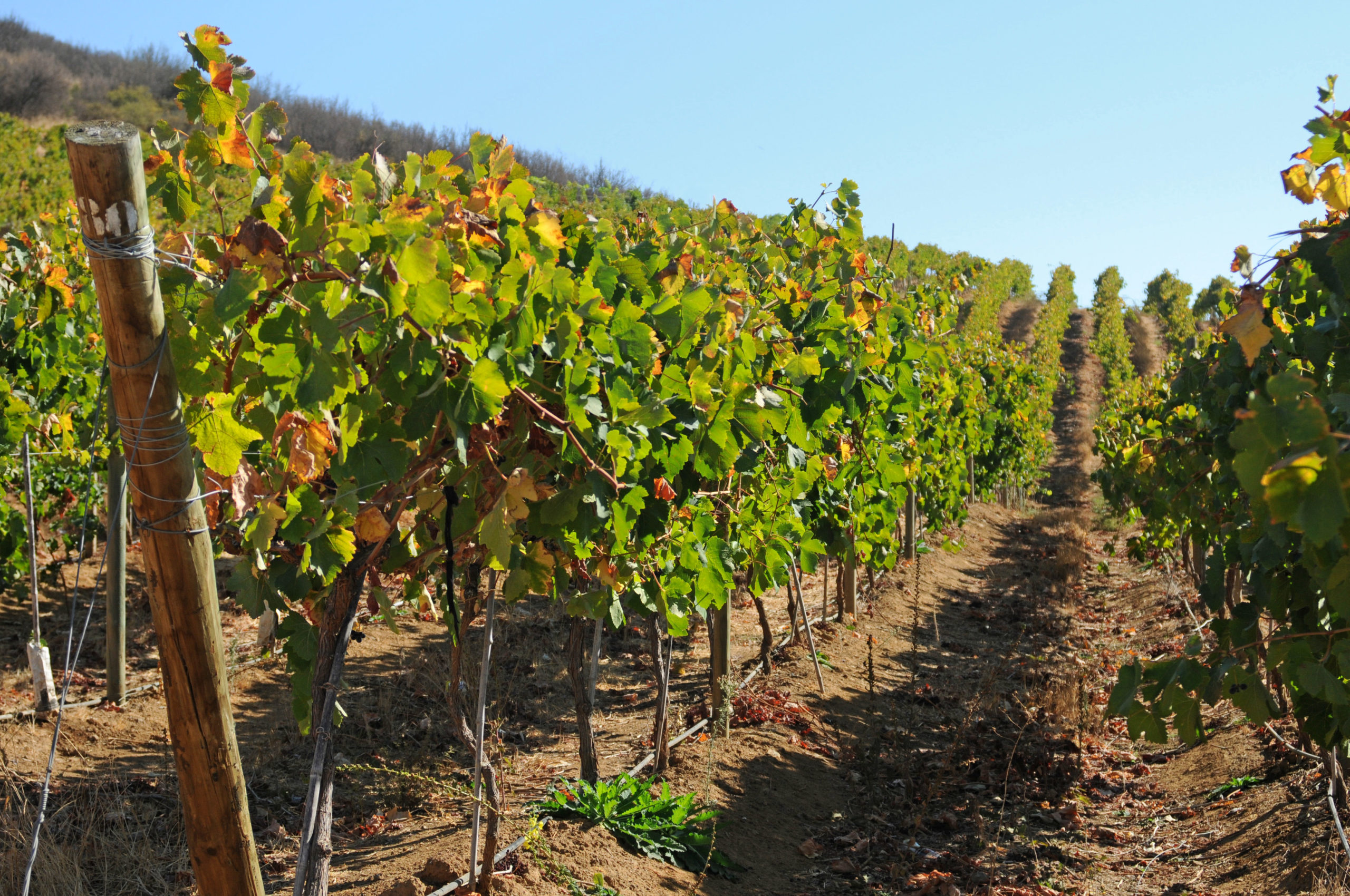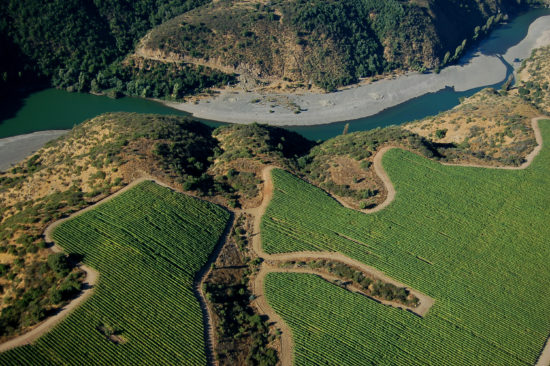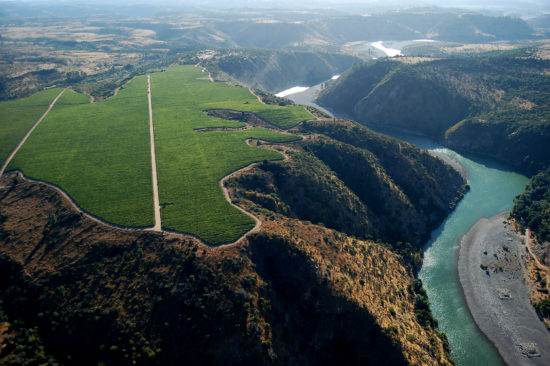First vineyard to measure its water footprint


Water conservation is a priority in our commitment to produce wines in balance and harmony with the ecosystem. For this reason, Gran Reserva is part of the first winery in the world to measure its ecological water footprint.
Concha y Toro became the first winery in the world to measure its water footprint using the Water Footprint Network methodology in 2010. WFN is an organization dedicated to promoting more efficient, sustainable, and equitable management of water resources globally. Our company uses WFN’s method to measure the water footprint in all our operations, including supply and distribution chains.
But what is a water footprint? It represents a measurement of all freshwater uses, directly or indirectly, to produce a product. A concept that does not just refer to water consumption but is much broader than that. Among its benefits, it has served to guide Gran Reserva’s actions toward the reduction and efficiency of water use, one of our society’s main challenges.

Thanks to this initiative, results have been clear and optimistic. This annual measurement has verified that in 2022 the water footprint of the Gran Reserva Sauvignon Blanc, Gran Reserva Carmenere, Gran Reserva Malbec, and Gran Reserva Cabernet Sauvignon wines will be 40% less than the global wine industry average. What does this mean? If the standard for making a 125 ml glass of wine is 109 liters of water, Gran Reserva wines use only 66 liters per 125 ml glass.
Gran Reserva operates under the concept of “Zero Water Waste,” making conscious use of this resource in its vineyards and winemaking processes, considering that the most significant opportunities to reduce the water footprint come from agricultural practices. A multidisciplinary team with participants from different production processes within the company has implemented this concept.

In addition to the drip irrigation system for 100% of its vineyards, Gran Reserva, together with Viña Concha y Toro’s Research and Innovation Center, is working to cover all its vineyards with precision irrigation, which involves the use of climatological sensors, satellite images and state-of-the-art technology to irrigate only when necessary. Gran Reserva is immensely proud to be part of this effort.
All this work is also aligned with Sustainable Development Goal 6 on Clean Water and Sanitation to promote the efficient use of water resources. And efforts to move towards regenerative agriculture.
Our commitment to carefully using water resources is a fundamental part of the portfolio of these delicious wines. Have you tried them yet?
We comply with the highest standards of verified social and environmental performance, transparency, and legal responsibility to balance benefit and purpose.
We adopt an Impact Business Model, creating beneficial links between business, community, and environment.
The Gran Reserva vineyards are an important part of the project to conserve native forest areas and protect local biodiversity. Our native forests have the ability to retain rainwater and control the kind of climate change that results from water shortages.
We take care of 1,432 hectares of protected forests and, on average per vineyard, a total of 105 species of fauna and 48 species of registered flora.
Our effort to preserve nature begins with responsible water consumption. 99% of the water we use comes from surface and subterranean sources.
Our vineyards are drip irrigated, which translates to a 90% efficiency on water consumption, and over the past 3 years, we’ve reduced our water footprint by 10%.
All of our winemaking processes require the use of energy. Our choice to invest in clean, renewable energy reflects our desire to co-create a sustainable planet for the future.
100% of the electricity used to make the wines in the Gran Reserva collection come from renewable sources, including solar energy.
Concha y Toro has been certified under the Wines of Chile Sustainability Code since 2012, which means that our vineyards are officially recognized as sustainable vineyards.
The wines in our Gran Reserva collection are crafted entirely from estate-owned grapes in sustainably managed vineyards.